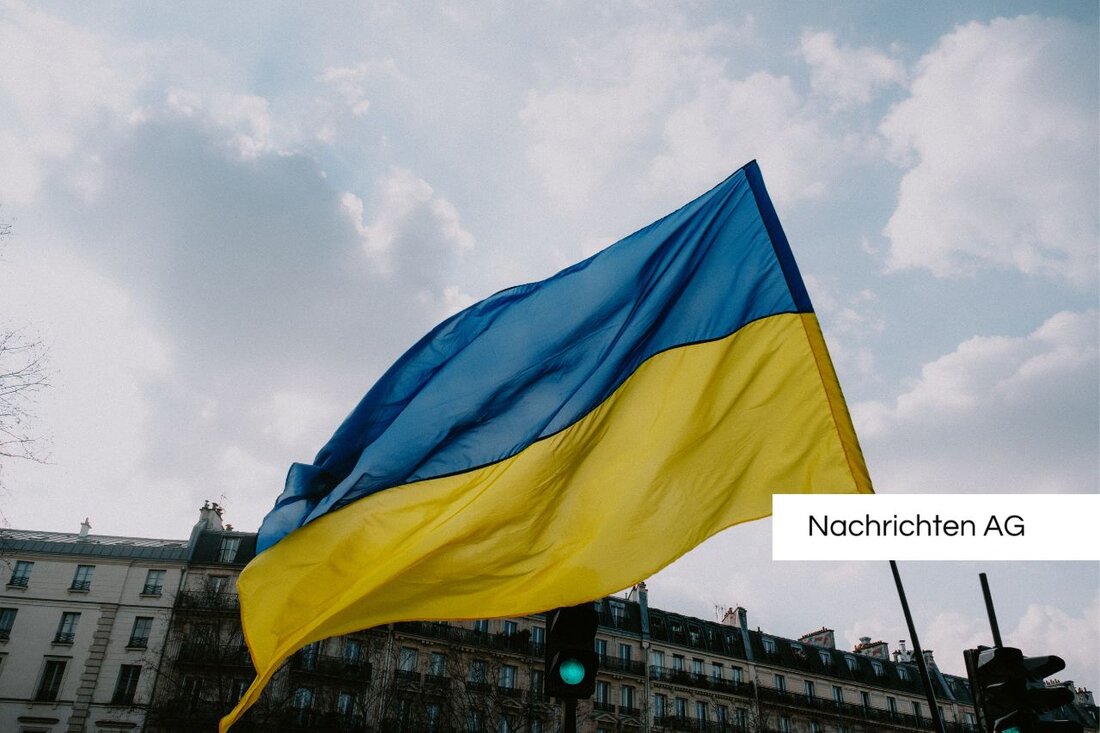Citizenship refused: Hymnic refusal causes discussion in Lower Austria
Citizenship refused: Hymnic refusal causes discussion in Lower Austria
Baden, Österreich - On July 15, 2025, the state government of Lower Austria refused to a Ukrainian Austrian citizenship. From a recent report by krone.at it shows that the reason for this decision was the refusal of the man to join the federal anthem at the ceremony. The Ukrainian himself justified his attitude with the rejection of any national pride.
This decision was confirmed on July 13, 2025 by the State Administrative Court of Lower Austria, which supported the state government's decision. The incident occurred in the previous year, when citizenship was to be awarded during a ceremony in the Baden district administration, but was revoked after the incident. Despite an appeal, the decision of the court remained, as Vol.at reports.
integration and national pride
Governor Johanna Mikl-Leitner (ÖVP) emphasized that the awarding of citizenship must be at the end of a successful integration process. The refusal to sing the federal anthem is a sign of an unsuccessful attempt to integrate. Matthias Zauner, state manager of the VPNÖ, the court decision called a message to the conscientious objectors. FPÖ State Councilor Martin Antauer also said that citizenship was a privilege that only someone could earn that was ready to sing the federal anthem.
The legal framework also plays an important role. According to Paragraph 21 of the Citizenship Act, the joint setting of the federal anthem is part of the solemn framework at the awarding of the citizenship. These legal requirements confirm the perspective of the state government that belonging to the nation also requires a symbolic act.
social context
In the context of international migration, the case of the Ukrainian raises questions about integration and citizenship. Political scientists such as Gerd Valchars and Rainer Bauböck have addressed the discrepancy between the resident population and the state people in their research. These discrepancies are particularly clear in immigration countries such as Austria, where citizenship is often still relatively restrictive, as well as Austriaca.at Notes.
The discussion about citizenship and integration processes is also accompanied by the observation that many citizens live outside their homeland, while a growing part of the population consists of non-state citizens. Therefore, the creation of an integrative policy that offers more options for naturalization and the acceptance of double citizenships is seen as crucial for the integration of immigrants and the legitimacy of democratic institutions.
Against this background, the question remains how integration processes in Austria should be designed in the future in order to promote broader acceptance and participation.| Details | |
|---|---|
| Ort | Baden, Österreich |
| Quellen | |


Kommentare (0)